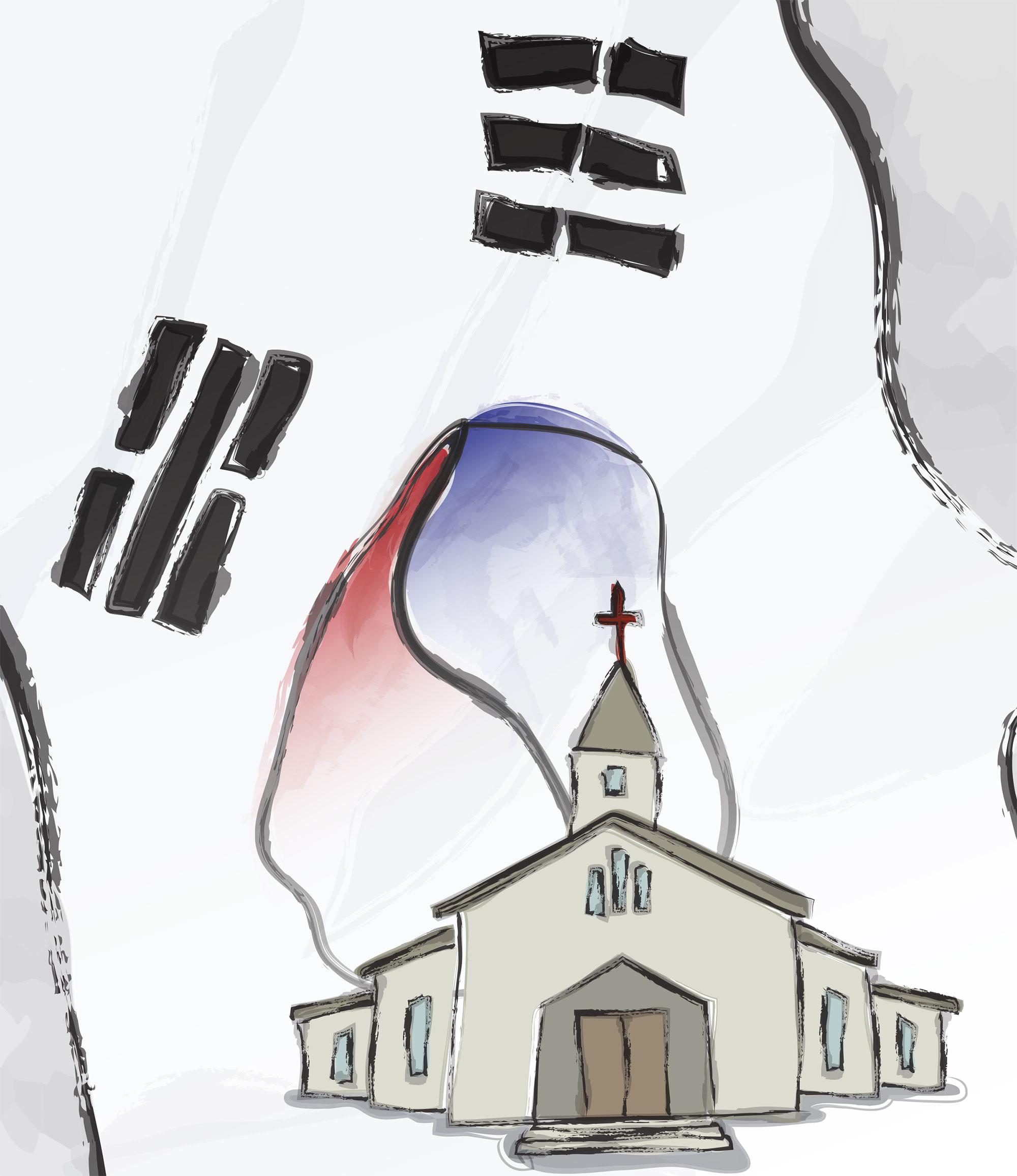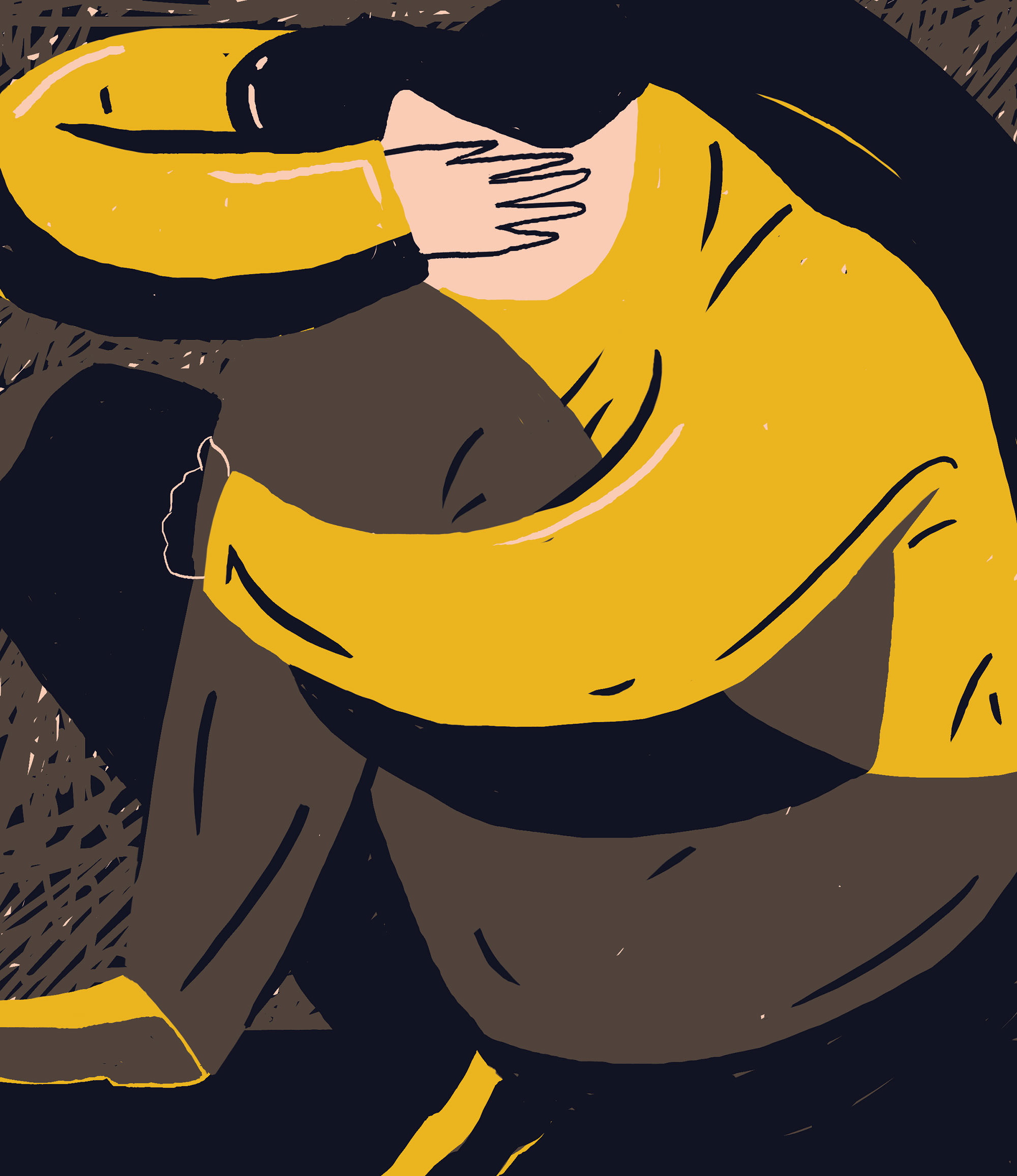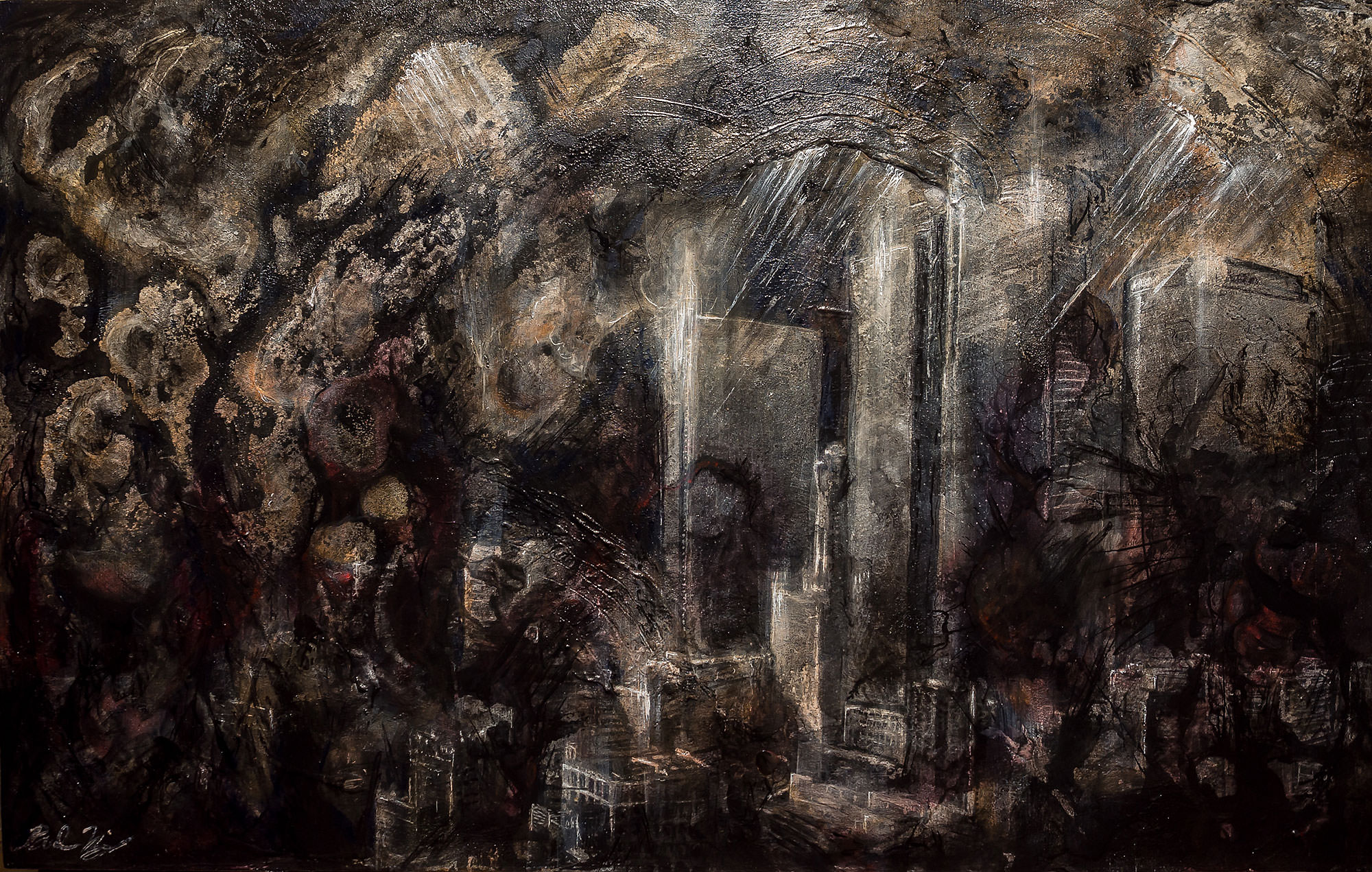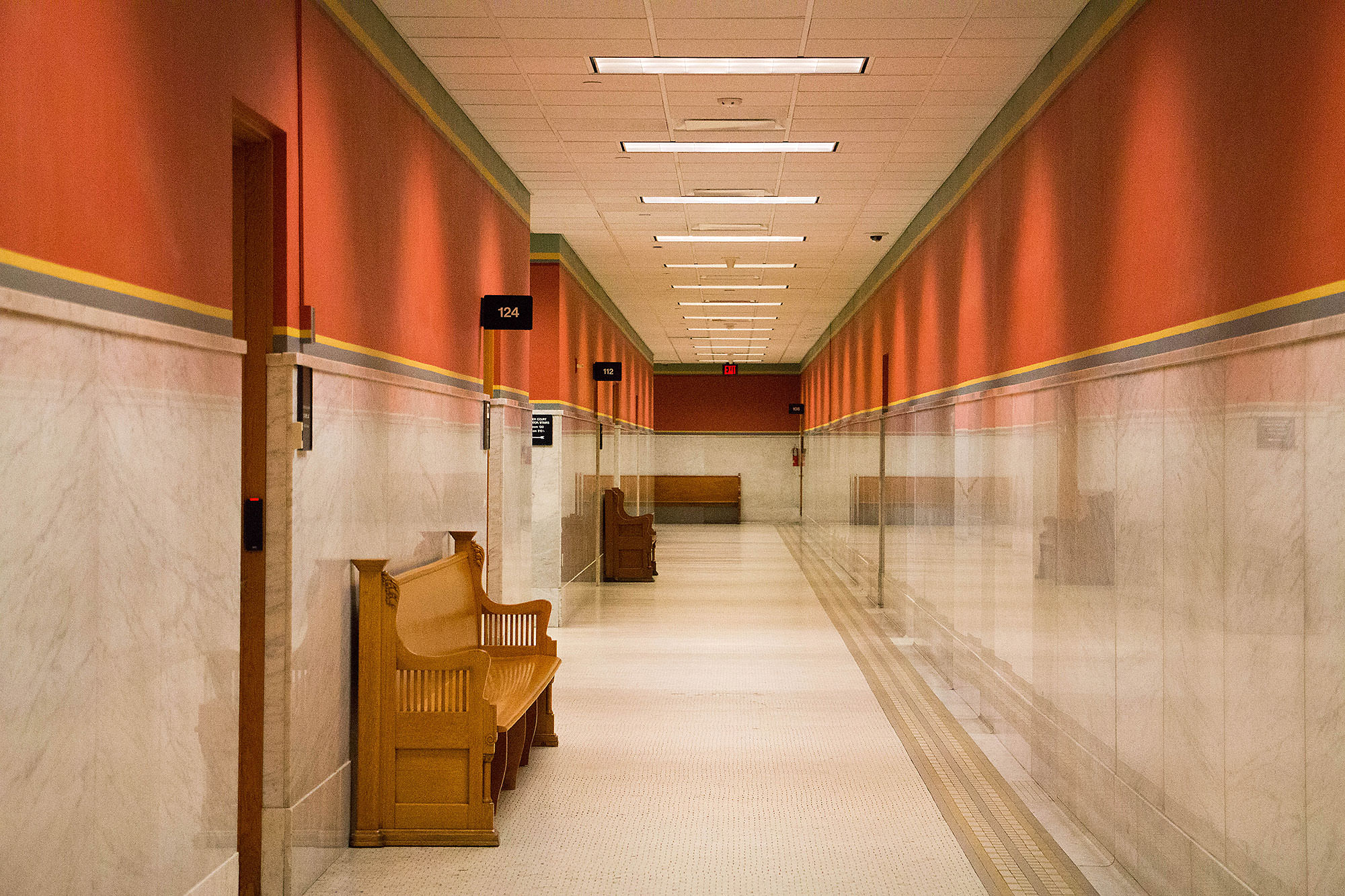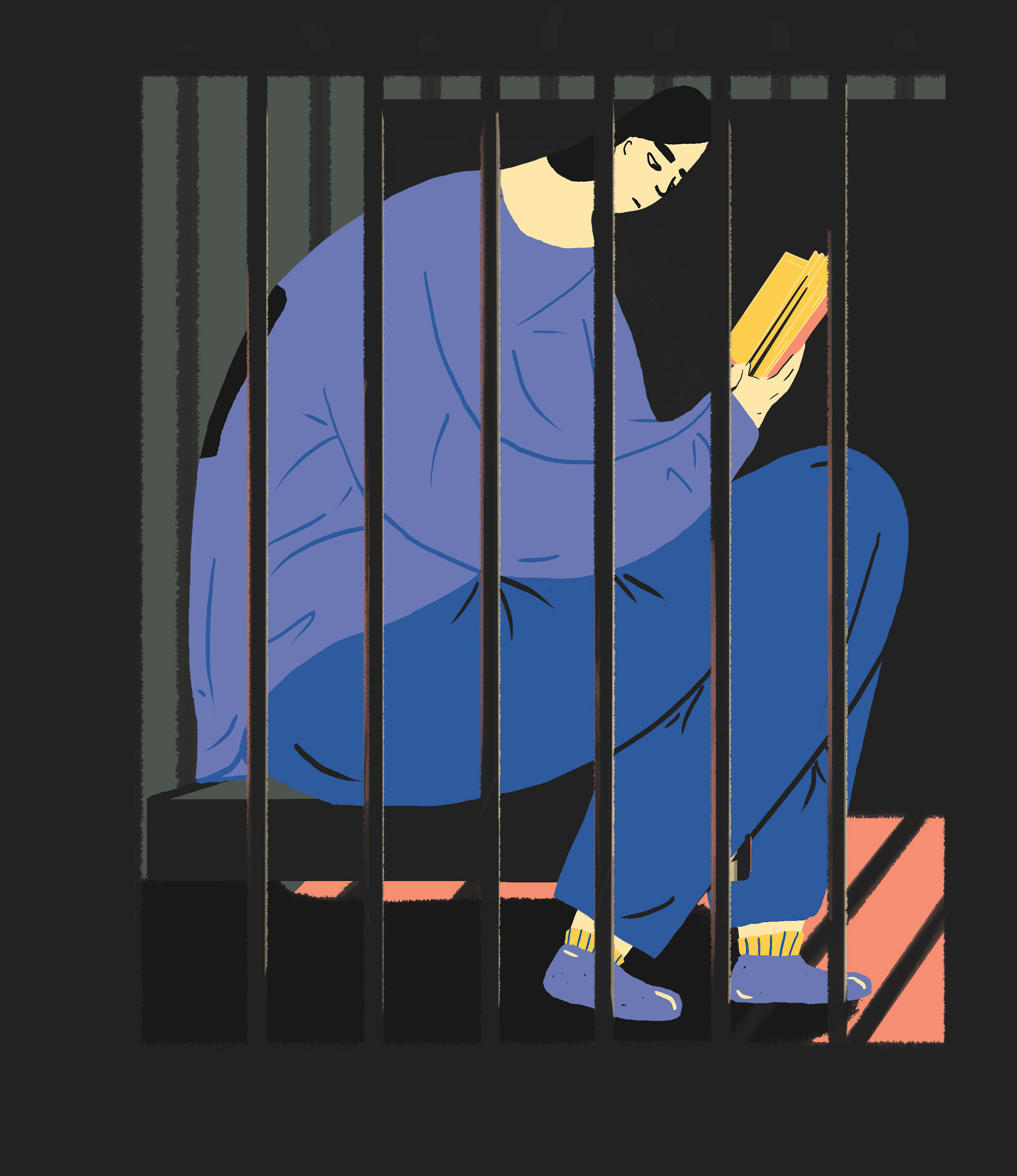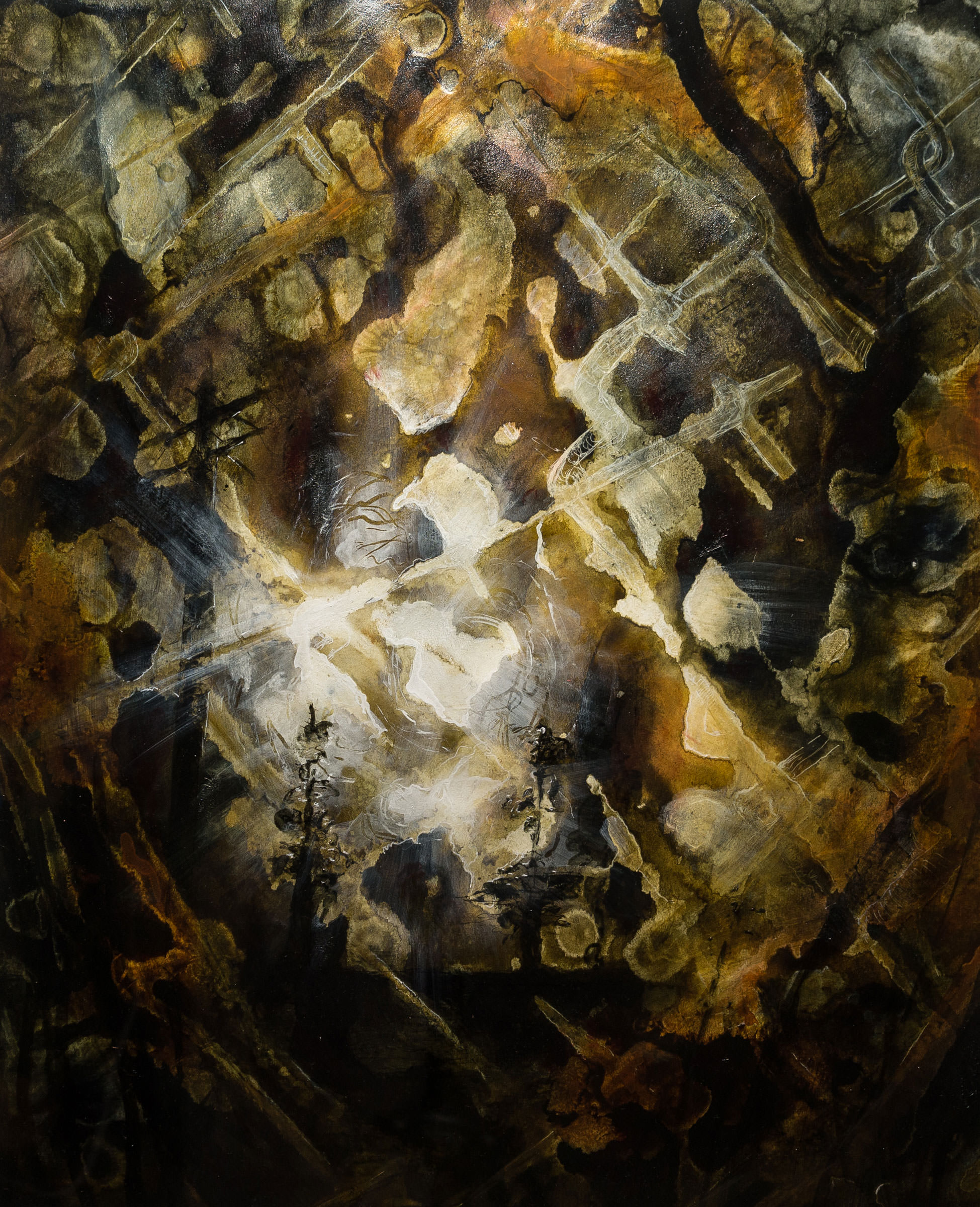
A Peace Apart
Even with good intentions or when necessary, separation carries consequences.
I used to think that all churches should become multicultural. I openly criticized the Taiwanese immigrant church I attended, especially our English-speaking congregation, for not being diverse enough.
If the good news of Jesus was meant for all, why did our congregation represent only a slice of the diversity that surrounded us? If unity in Christ was a theological priority, shouldn’t we have been more open to communing with people who didn’t look like us?
Diversity is important. The image in Revelation 7 that appears to John is one where every nation, tribe, people, and language are represented.
But in the context of American Christianity, where white supremacy not only birthed the creation of the American nation-state, but also the Church, multicultural too often means White culture. Congregations may be diverse in physical appearance, but songs, sermons, and cultural expectations too often mirror white dominant culture. People of color are often tokenized on promotional marketing materials and minimized when their voices, perspectives, and leadership threaten the racial and social order.
Separation, thus, can act as a life-giving force. It gives us a breather from the dominant culture, a respite from a world where we’re always fighting to be seen and heard. We are freer to be ourselves, usually with fewer microaggressions and stereotypes stifling our space. There’s a certain knowingness in being with others who must also daily navigate within and against the dominant culture.
However, even with good intentions or when necessary, separation carries consequences. Needing to cut off family members or loved ones because of abuse or ideological differences doesn’t make it any less painful. Sometimes, staying at a church hurts more than leaving it. The prophets called by God to deliver cutting messages of repentance, resilience, and hope were often left unheeded, ignored, and ostracized by society.
And still, separation allows us to highlight and prioritize certain issues at different times. It’s why we’re dedicated to being a platform that raises the voices of Asian and Pacific Islanders, while committed to hearing from and standing in solidarity with other communities of color. It’s why Black Lives Matter is so important, and why we aim to confront both white supremacy and anti-Blackness in our API communities.
Separation, in all its complexities, isn’t the opposite of unity — sometimes it’s exactly what we need to move toward community.


